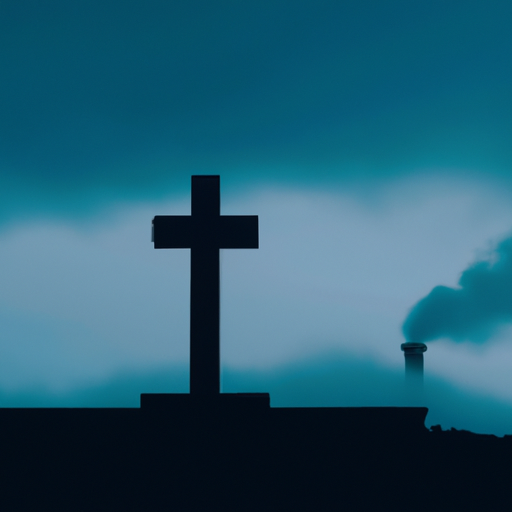As we navigate the digital age, the intersection of technology and religion has become a topic of increasing interest. The concept of the Rapture, a key belief in many Christian denominations, has been particularly intriguing in this context. This article explores the relationship between the Rapture and the digital age, examining whether the Church’s proclamation is nearing reality.
Understanding the Concept of the Rapture
The Rapture is a theological concept rooted in Christian eschatology, the part of theology concerned with the final events of history or the ultimate destiny of humanity. This concept is primarily associated with certain Christian denominations, particularly evangelical ones.
The term ‘Rapture’ is derived from the Latin word ‘rapturo’, which in turn is a translation of the Greek word ‘harpazo’, meaning ‘to seize’ or ‘to snatch away’. It refers to the belief that Christ will return to Earth to ‘snatch away’ the faithful before a period of tribulation, leading them to Heaven.
The Digital Age: A New Era
The digital age, also known as the information age, is a period in human history characterised by the shift from traditional industry to an economy based on information technology. The advent of the Internet and the proliferation of digital technology have transformed every aspect of society, including how we communicate, work, learn, and even practice religion.
Religion in the Digital Age
Religion has not been immune to the effects of the digital revolution. Churches have embraced technology to reach out to their congregations, using online platforms for worship services, Bible studies, and other religious activities. Social media has become a tool for evangelism, while apps and websites offer resources for prayer, meditation, and religious study.

The Rapture and the Digital Age: An Intersection
As technology continues to evolve, it’s worth exploring how it intersects with religious beliefs, particularly the concept of the Rapture. Some have suggested that the digital age could bring us closer to the fulfilment of this prophecy, while others argue that it could be a metaphor for the transformative impact of technology.
Technology as a Tool for Fulfilling Prophecy
Some Christian thinkers have suggested that technology could play a role in fulfilling end-times prophecies. For instance, the widespread use of the Internet could facilitate the global spread of the Gospel, a key event that many believe will precede the Rapture.
Moreover, advances in technology could potentially enable events described in the Book of Revelation, such as the ‘mark of the beast’, which some interpret as a form of technological control over individuals.
Case Studies: The Rapture in the Digital Age
Several instances highlight the intersection of the Rapture and the digital age, providing insights into how technology and religion can intertwine.
The Left Behind Series
The Left Behind series, a popular Christian fiction series about the Rapture and the end times, has made extensive use of digital technology. The series has been adapted into video games, films, and an online community, reaching a global audience and sparking discussions about the Rapture.
Online Rapture Predictions
The Internet has also been a platform for numerous Rapture predictions. For instance, Harold Camping, a Christian radio broadcaster, used his platform to predict the Rapture in 2011, attracting global attention. While his prediction was ultimately incorrect, it demonstrated the power of digital media to spread religious messages and beliefs. Take heed that no one deceives you!
Conclusion: The Rapture and the Digital Age
The intersection of the Rapture and the digital age is a complex and fascinating topic. While it’s uncertain whether technology will play a role in fulfilling end-times prophecies, it’s clear that it has already transformed how we understand and engage with religious beliefs.
As we continue to navigate the digital age, it’s crucial to consider how technology can both challenge and enhance our religious practices and beliefs. Whether or not the Church’s proclamation is nearing reality, the dialogue between faith and technology will undoubtedly continue to evolve.




